MANY distinguished authors featured at the Jaipur Literary Festival (JLF) at the British Library last weekend, but one of the stars was Mishal Husain who was interviewed by fellow BBC journalist, Anita Anand.
In Broken Threads: My Family From Empire to Independence, Mishal talked about how her grandparents, born in the early part of the 20th century – Mumtaz Husain and Mary Quinn on her father’s side and Syed Shahid Hamid and Tahira Butt on her mother’s – had their lives overturned by the Partition of India.Even the Nobel Prize winner professor Sir Venkatraman (“Venki”) Ramakrishnan admitted: “I bought a copy of Mishal’s book and got it signed by her.”
When Venki did his own session, talking about Why We Die: The New Science of Ageing and the Quest for Immortality, he entertained the audience with several good one-liners: “I think it’s still true that one of the ways you can age well is to be rich.”
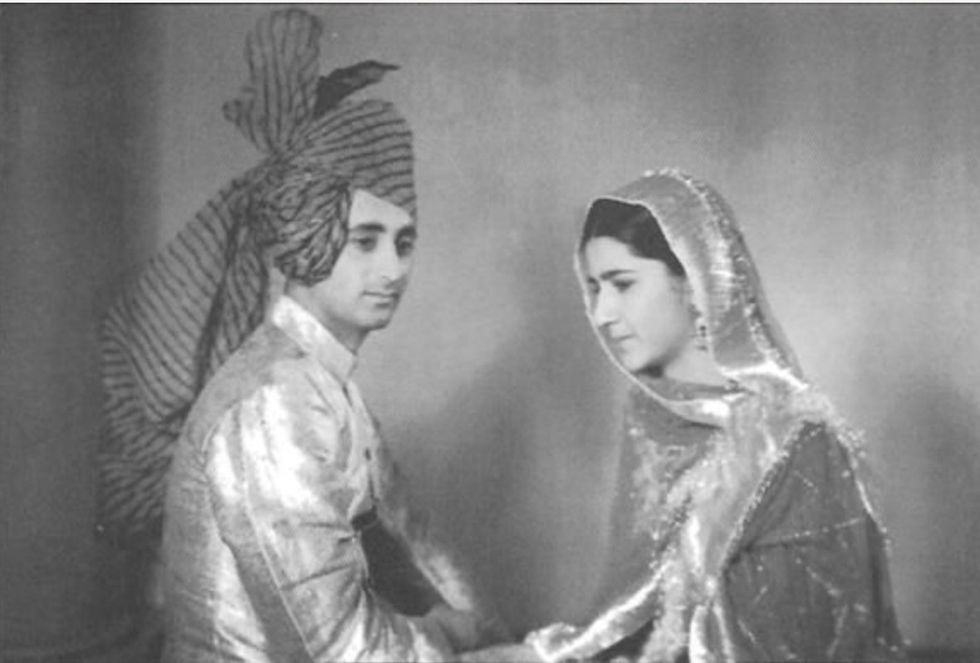
JLF tries to give due importance to science, which is why there was a session on “Stephen Hawking: Genius at work” with astronomer royal Lord Martin Rees and Roger Highfield of the Science Museum discussing the work of the man who wrote the bestselling A Brief History of Time.
One session, “Democracy on Trial”, included the former chief election commissioner of India, SY Quraishi, while the former diplomat, Vikas Swarup, whose Q&A was turned into the Oscar-winning Slumdog Millionaire, talked about his thrillers.
The Indian high commissioner, Vikram Doraiswami, discussed “Ethical Economics: Business in the 21st Century” with three authors, including Dinesh Dhamija, whose new book, The Indian Century, has been reviewed in Eastern Eye.
The audience in the Pigott Theatre, one of three venues simultaneously used for JLF, was regaled by the comedian Anuvab Pal, who has appointed himself a representative of “The Department of Britishness”.
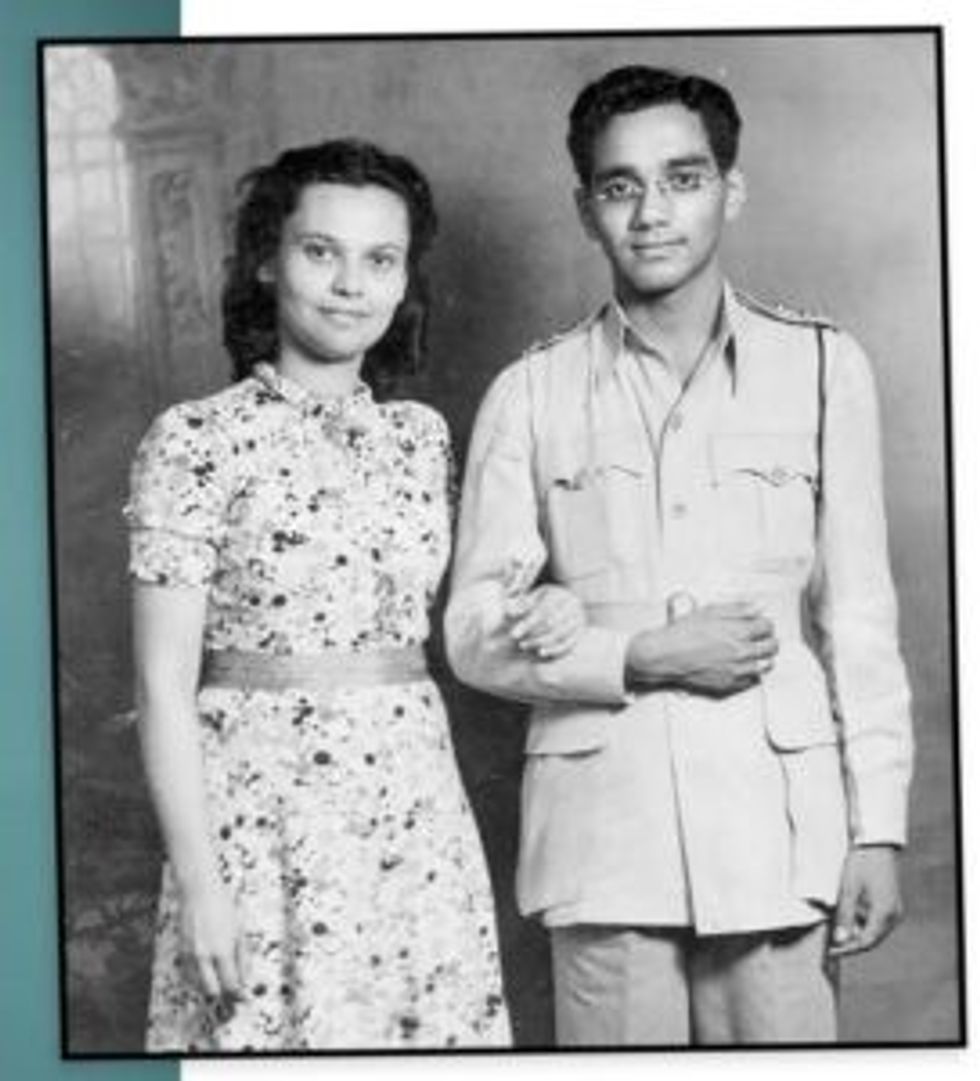
Mishal’s book adds to the growing literature on Partition from British Asian authors. Like Kavita Puri and Marina Wheeler, for example, Mishal has told the story of her family set against the backdrop of Partition.
She was born on March 12, 1973, in Northampton of Pakistani parents, but lived until she was 12 in Abu Dhabi and Saudi Arabia. Her father, Imtiaz, a urologist, died a few years ago. It is Mishal’s hope that she will be able to travel in India with her mother, Shama, who is 80.
Mishal returned to the UK when she was 12 and went on to read law at Cambridge. She took three years to write her book which she managed alongside her day job.
She had been considering putting down the family history for some time. But the trigger was a family heirloom she was gifted when she got married in 2003. One of her great aunts gave her a shawl, and stitched on to it was a remnant of a sari which had been worn when her grandparents, Shahid and Tahira, got married in 1940. It had been from Mishal’s great-grandparents. At Partition, both sets of grandparents moved from India to the newly created state of Pakistan.
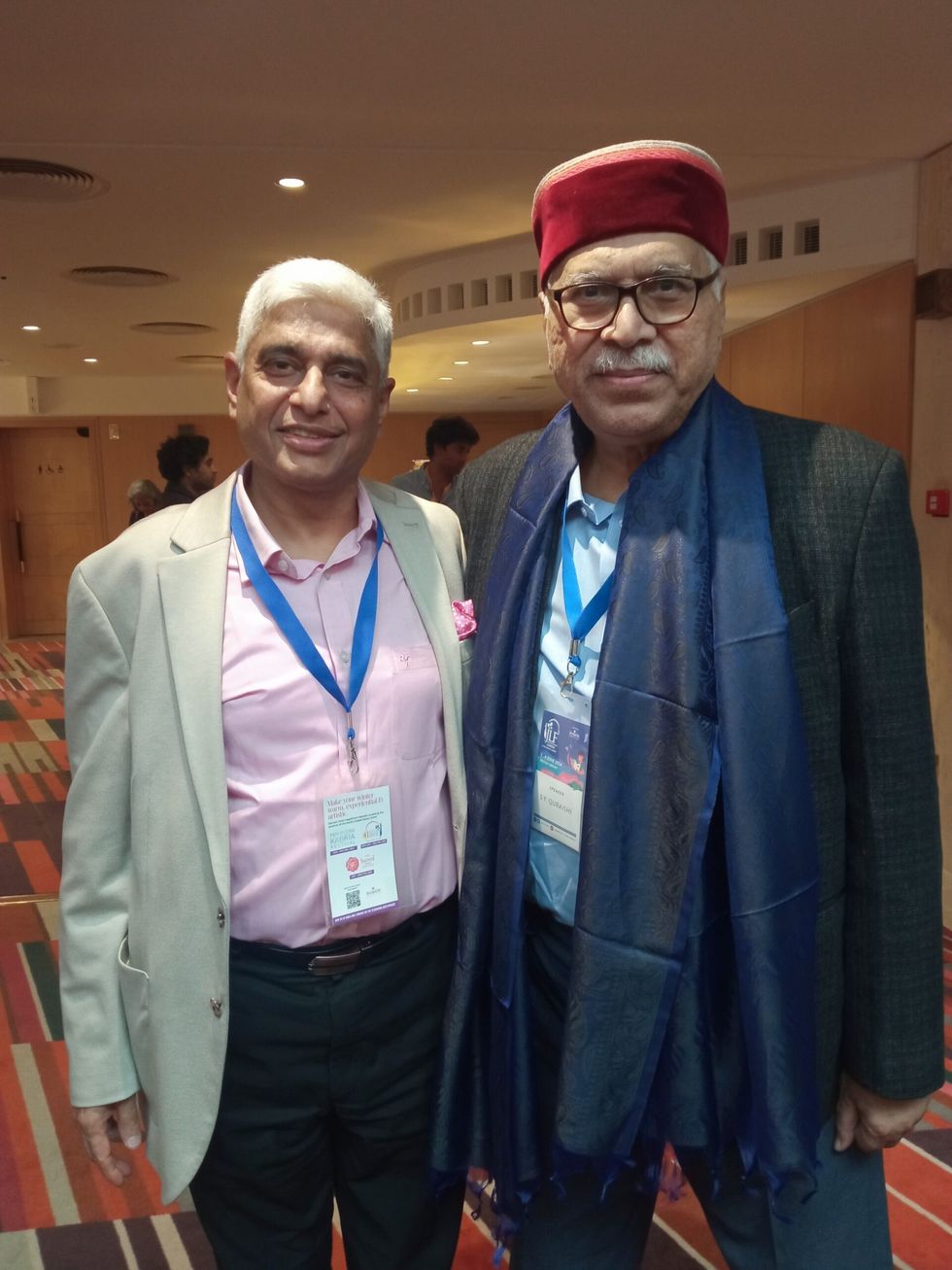
Her paternal grandfather, Mumtaz, whose family came from Multan, married an Anglo-Indian Catholic, Mary Quinn, who grew up in Anakapalle near Visakhapatnam in south India. She moved at 18 to be a nurse at Mayo Hospital in Lahore, where she and Mumtaz, a young doctor, met and fell in love.
Mumtaz’s family disapproved of the match. But neither felt the need to change religion in order to get married. When he, a devout Muslim, later went on Hajj, his wife, though Christian, accompanied him.
Shahid, who was trained at Sandhurst, served as private secretary to Claude Auchinleck, commander-in-chief of the British Indian army, and thus had a ringside seat “between 1936 and 1947 as really important decisions were being taken on India’s future”.
During the communal violence which engulfed Partition, Tahira, who was sheltering in Simla (now Shimla), made the journey from Delhi to Pakistan in Auchinleck’s private plane. Shahid became the first director-general of Pakistan's Inter-Services Intelligence [ISI]. Mishal’s parents moved from Pakistan to the UK in the late 1960s, but during her childhood, she would go back to Pakistan to visit her grandparents.
At first, Mishal thought she would write only about her grandmothers, but the project steadily became bigger and took her back to the Indian uprising of 1857. Tahira told Mishal in a taped conversation that “Partition need not happened”.
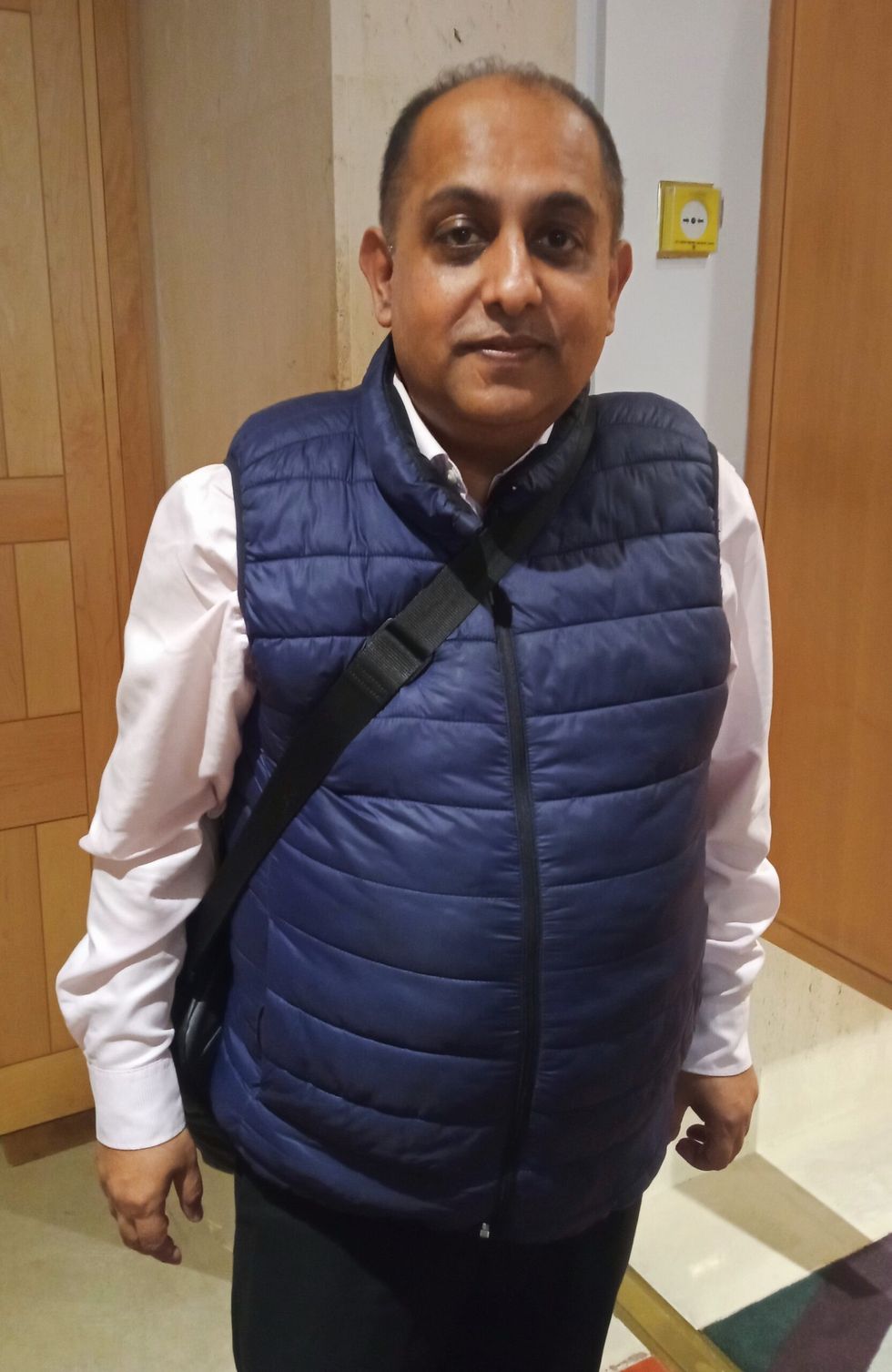
Mishal’s own view was “that by the summer of 1947 it (Partition) was inevitable. But I think there was a period a year before, in May, June 1946, and during the Cabinet mission plan, where there was a formulation that would have been more like a federation of India, involving the states and provinces.
“There was a moment in time where things could have been different. But another aspect of this book is about British decision-making and British leadership in that period and the responsibility thereon because a lot of my work today is in political journalism.
“By March 1947, only Mountbatten (the viceroy to India) and (Clement) Attlee (British prime minister) are really making the decisions.
Even Auchinleck, who was the second-most important person in the hierarchy of British India, was not part of the decision-making, despite having the responsibility for the personnel who did their utmost to maintain security.”
Shahid and Tahira had grown up in Aligarh and Lucknow in a world where it was commonplace until the very end for Muslims and Hindus to be close friends.
Although her JLF session was described as being about “Partition stories”, Mishal said, “I really want to say my book is about the before and after. It is a bit about that actual period (of Partition). But it is part social history, because I wanted to trace the society in which my grandparents grew up, which was a pluralist society. There were many links across the communities, despite the fact that nationalism was growing. What was initially a demand for Muslim rights did grow into the demand for a separate homeland.
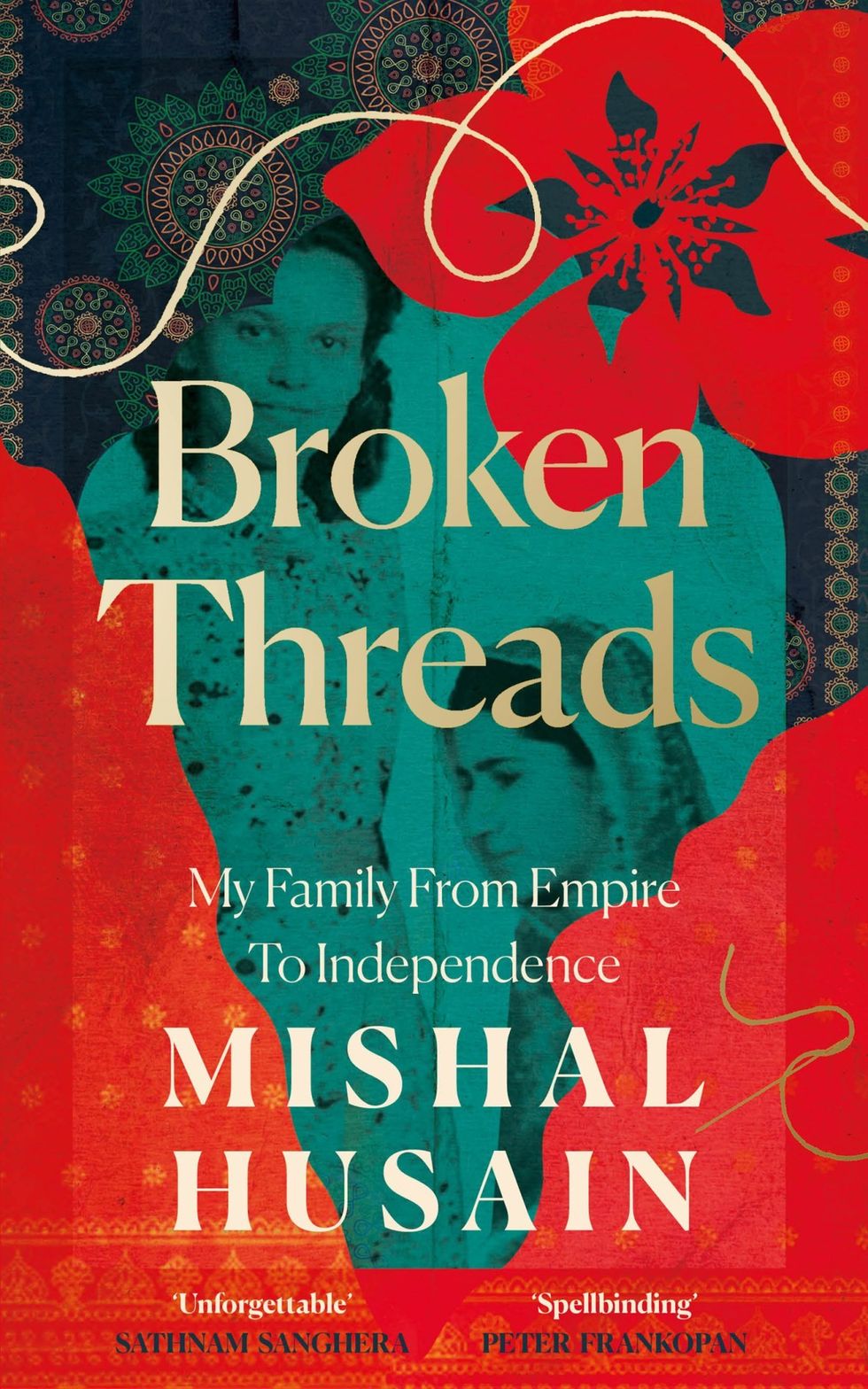
“Despite that, there are many beautiful stories about the links. Tahira saw a little bit (of her friends) after independence, when she did go to Delhi to see her parents, who remained (in India).”
Mishal felt the urgency of telling her family’s story.
“I did become conscious that my parents’ generation is also starting to leave us. I lost my father a few years ago.”
She urged British Asians to record their family history before it is lost. “You may never write about it, but gather what you can right now. I think it’s really important because this is our heritage. I feel the younger generation – my children are all teenagers – really have no concept of (what happened) before their grandparents came to this country.”
At school, Mishal wasn’t taught any history of empire, so “there’s certainly scope for the curriculum to change”. She admitted that because of Partition, “I am left with a massive feeling of loss.
A big part of my heritage lies in India. I haven’t been to Anaka Palle, and I haven’t been to Lucknow yet, and that’s such an important part of my heritage.
“It’s a source of great sadness. My mother’s nearly 80, but it would be wonderful to travel to India with her again.
“I thought I had all the time in the world, and now you’ve realised that we really don’t. We have to grab these opportunities when we can.”
Eastern Eye is a Jaipur Literary Festival media partner





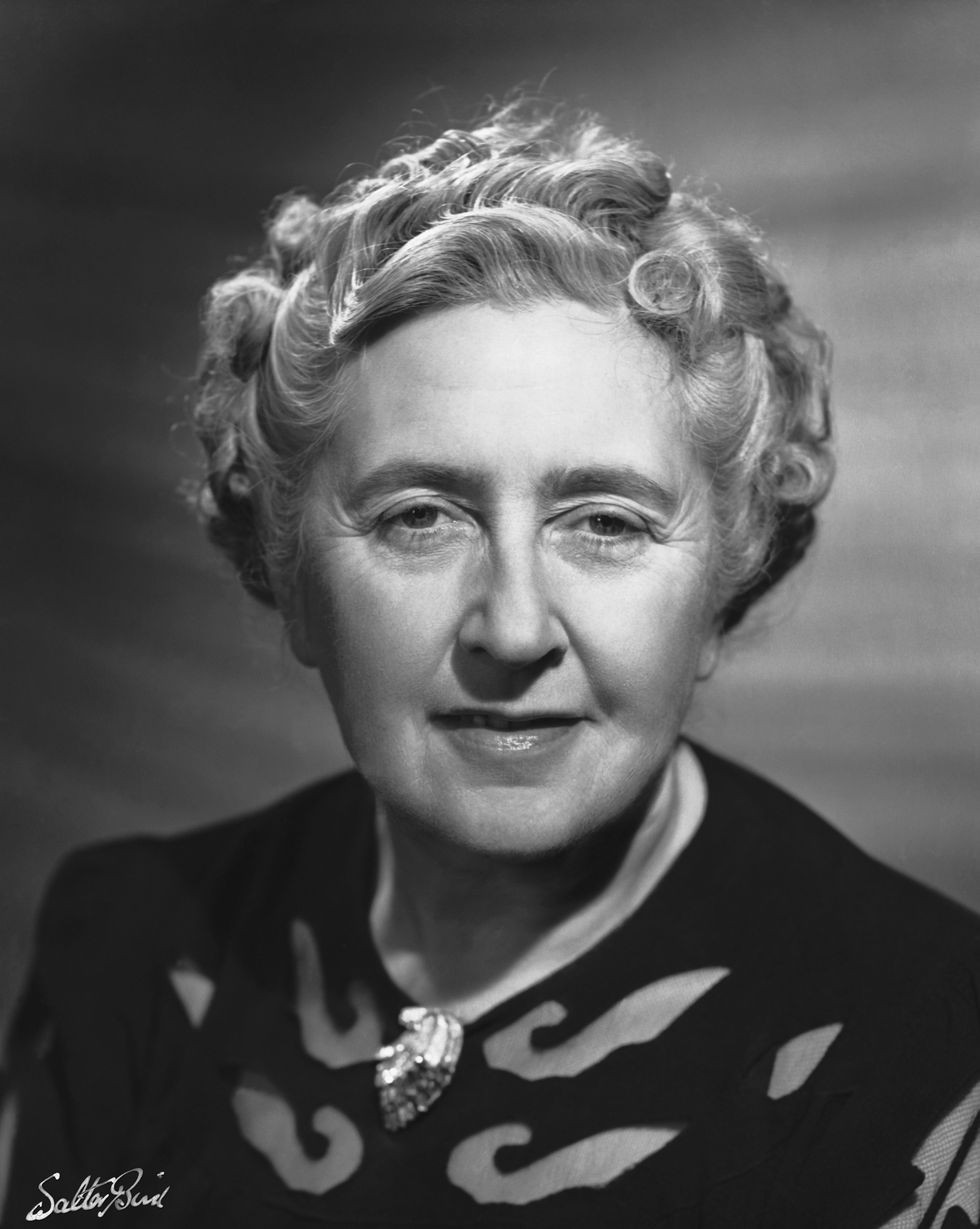 Agatha Christie
Agatha Christie









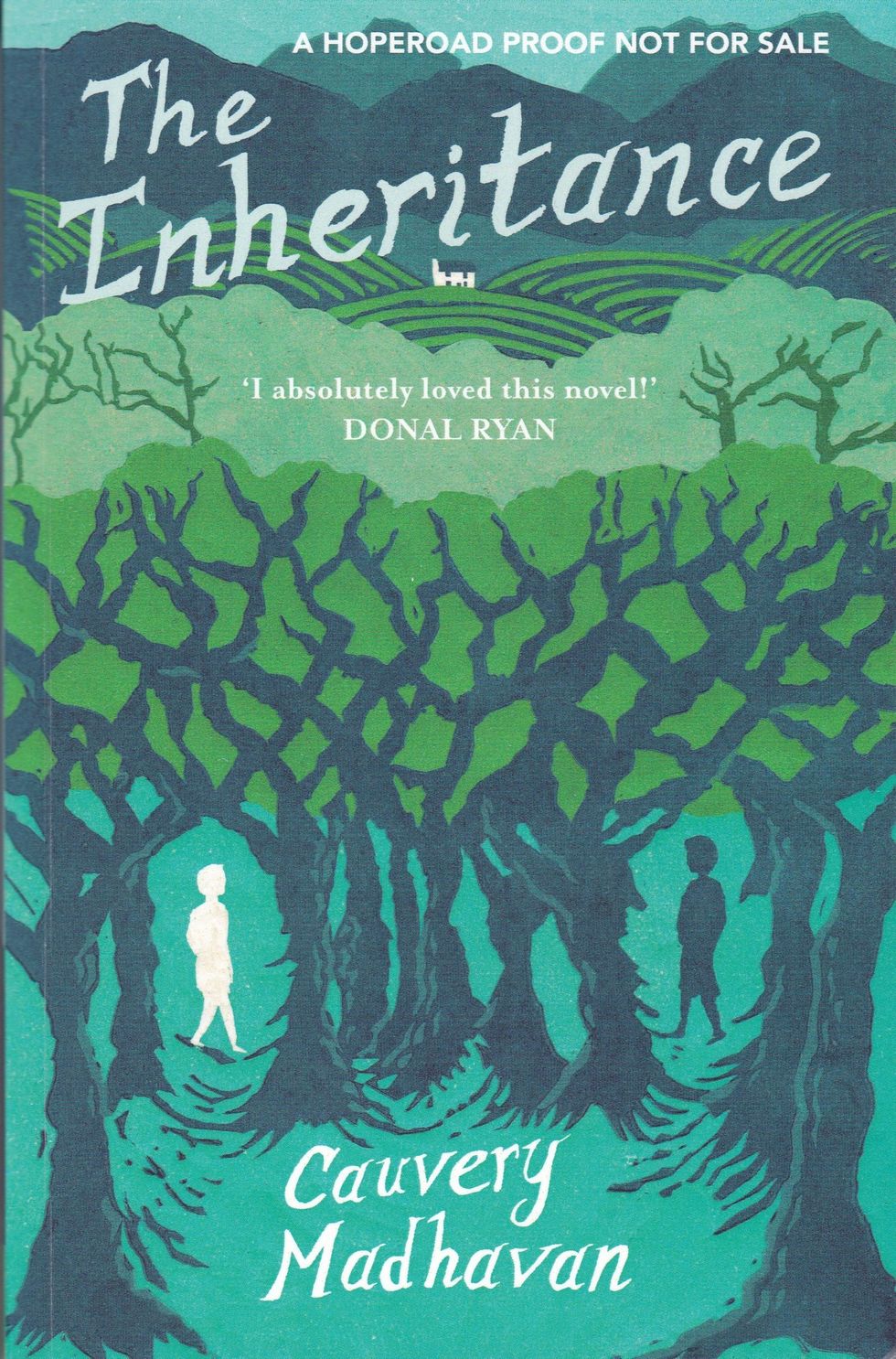 Her new novel
Her new novel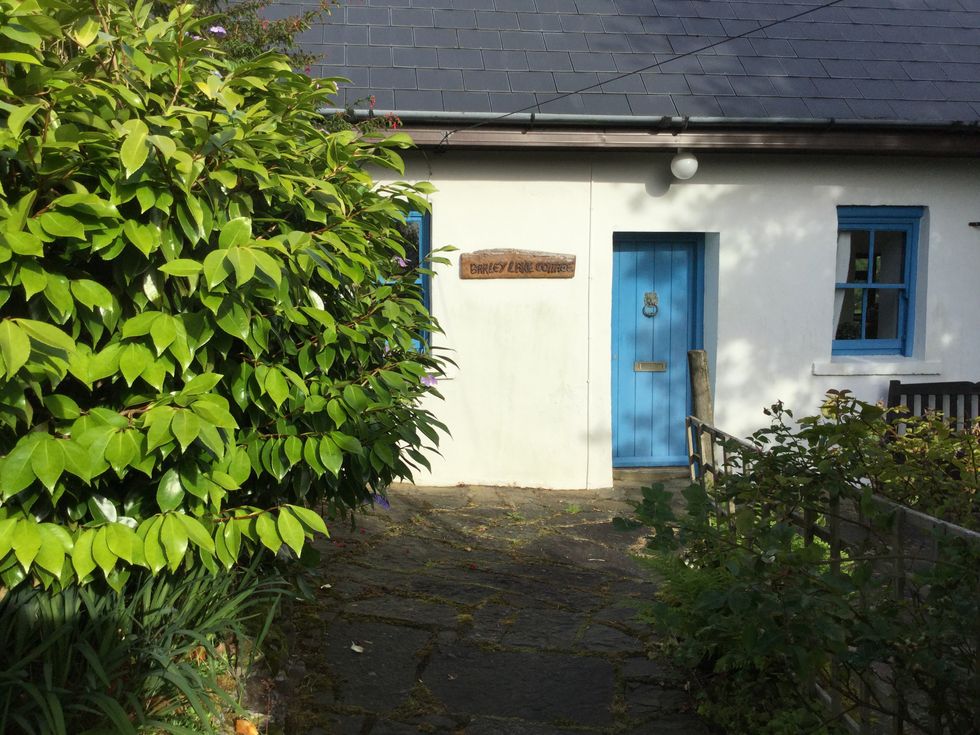 Her cottage in Glengarriff
Her cottage in Glengarriff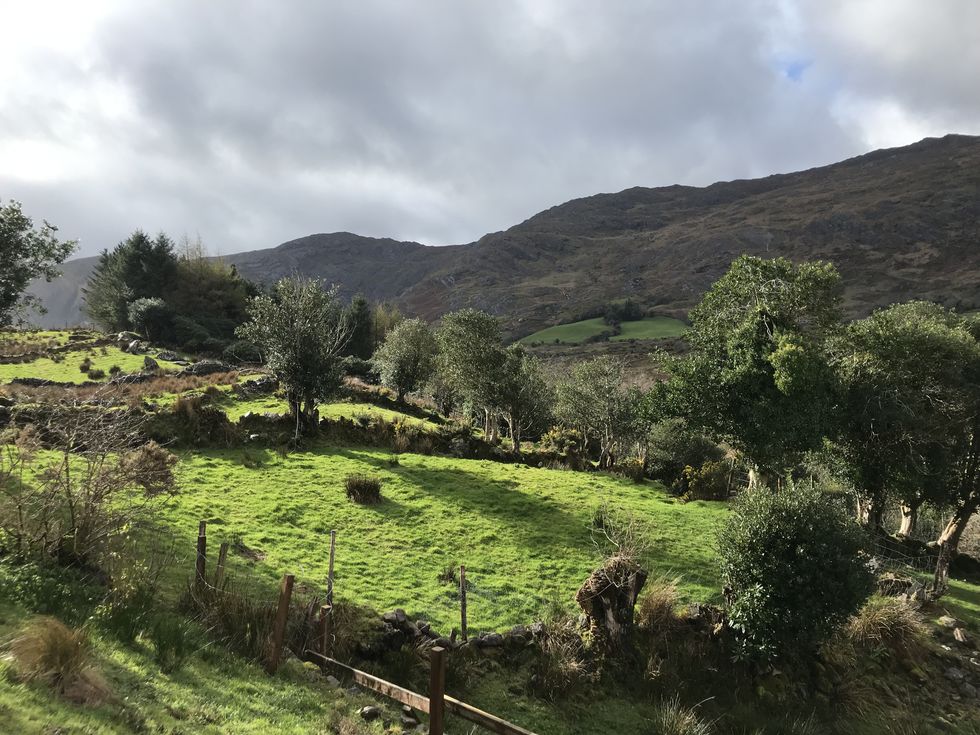 The view of the Caha mountains
The view of the Caha mountains
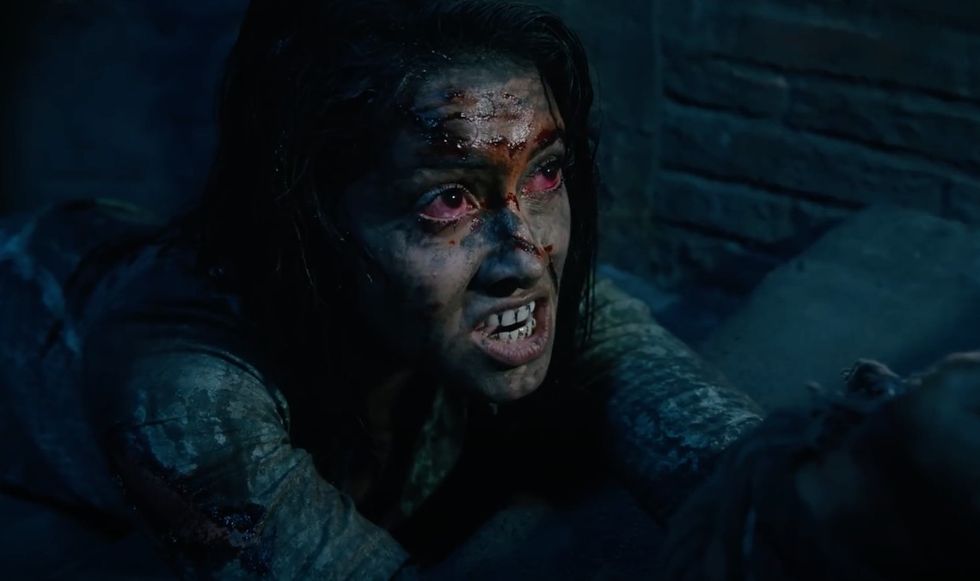 Chhorii 2
Chhorii 2
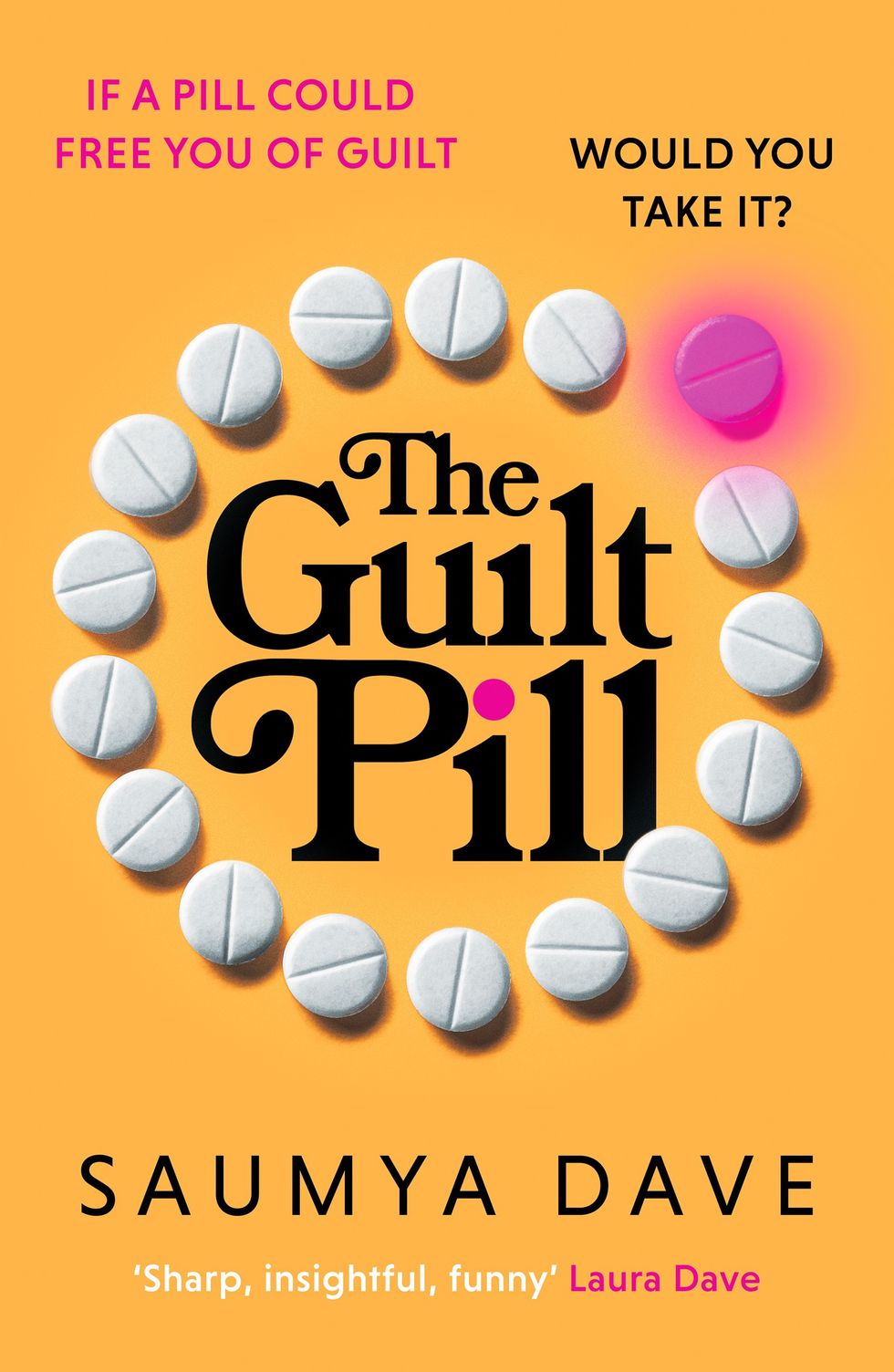 'The Guilt Pill' her latest booksaumyadave.com
'The Guilt Pill' her latest booksaumyadave.com
 Milli Bhatia
Milli Bhatia